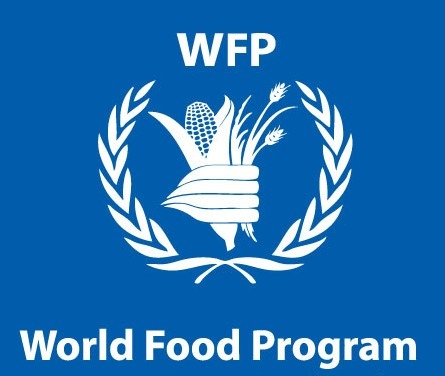The United Nations World Food Programme (WFP) says as of September 2024, floods in Nigeria have affected about 800,000 people in 29 states.
Disclosing this in a press release on Friday, WFP said that humanitarian efforts from the United Nations (UN) are already underway in the affected states.
The WFP, in the statement, said, “UN humanitarians are rushing to assist scores of newly displaced people in northeast Nigeria after torrential rains caused a dam to collapse and flood the area.”
Stating that the impacts of extreme weather are severely being felt across the country, the WFP noted that “Some 800,000 people in 29 states in Nigeria have been affected by floods as of September 2024,” adding that “over 550,000 hectares of cropland have been flooded.”
On Tuesday night, the Alau Dam in Maiduguri, Borno State, collapsed, forcing residents from their homes as floods submerged the area. The disaster also displaced wild animals from a local zoo, including ostriches, crocodiles, and snakes, onto the streets.
According to the UN WFP, the flood caused by the collapsed dam, which reached levels not seen since 1994, has inundated 50 per cent of Maiduguri. It added that the state government had issued evacuation orders for residents in the affected areas and appealed for humanitarian support.
Speaking on the devastating impact of the flood, the head of WFP’s office in Maiduguri, Emmanuel Bigenimana, said he managed to fly over the city in a UN Humanitarian Air Service (UNHAS) helicopter to conduct an assessment of the damage and needs.
In his assessment of the homes, infrastructure, roads, schools, and hospitals submerged by water, Mr Bigenimana described the impact of the flood as “really heartbreaking”.
“Many, many people – I’m talking about over 200,000 – 300,000 displaced people – are overcrowded in several IDP (internally displaced persons) camps and also on the streets,” he stated.
Mr Bigenimana stated that “recovery will take long,” for the flood-affected populations in the state capital, adding, “We need more resources to save lives and to put together efforts to respond to the crises – and also think of longer-term recovery and solutions.”
At one of the IDP camps, Mr Bigenimana said that WFP had opened soup kitchens at three camps located at Teachers’ Village, Asheikh and Yerwa to provide nutritious hot meals to “50,000 of the worst affected children, women, and men who have lost their homes”.
He added that the WFP is also scaling up its response together with the authorities and partners but noted that more assistance is needed.
Mr Bigenimana stressed that the devastating impact of the flood “is really an additional burden to already existing crises” in the state and the northern region of the country, which has been bedevilled by the deadly Boko Haram insurgency for a decade.
“More recently, we have seen food inflation; food prices have been skyrocketing, really affecting millions of people who are facing food insecurity,” he further stated.






